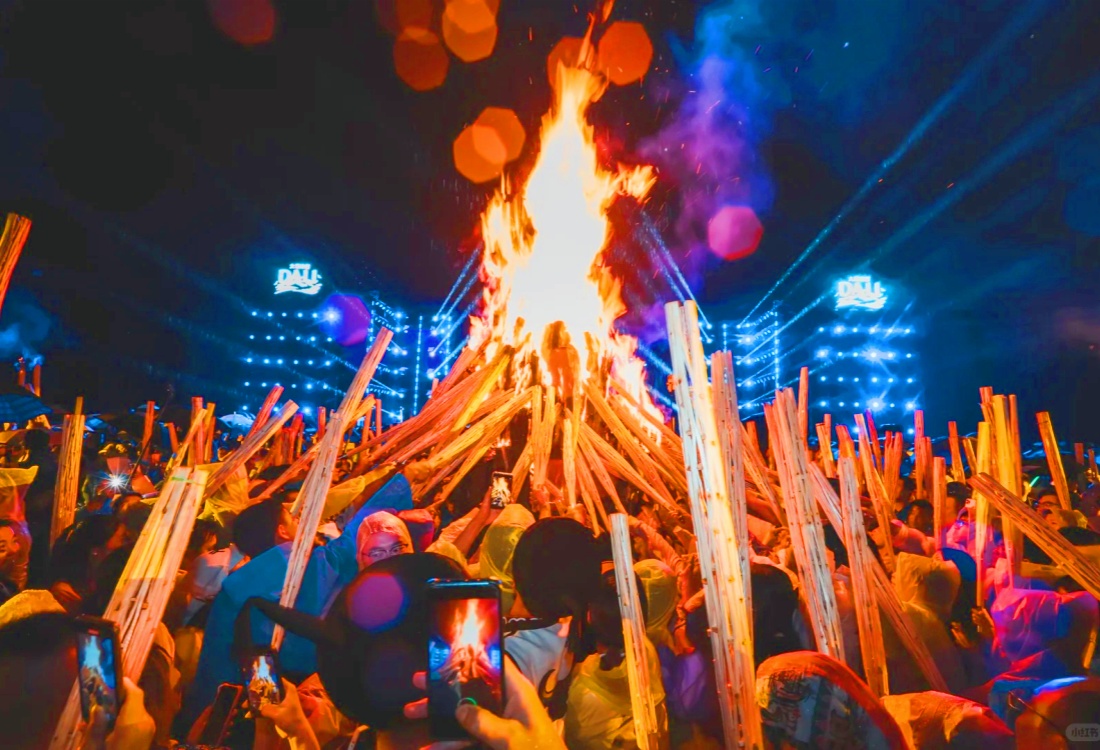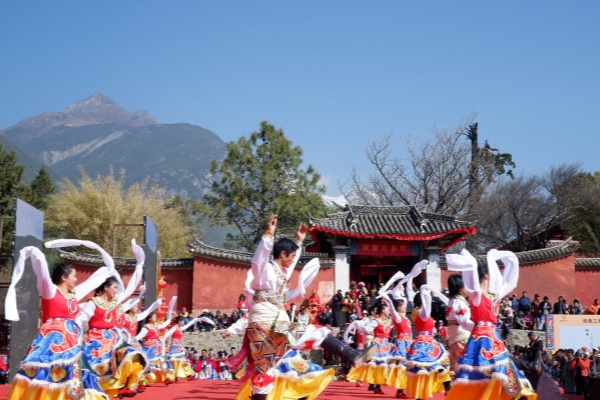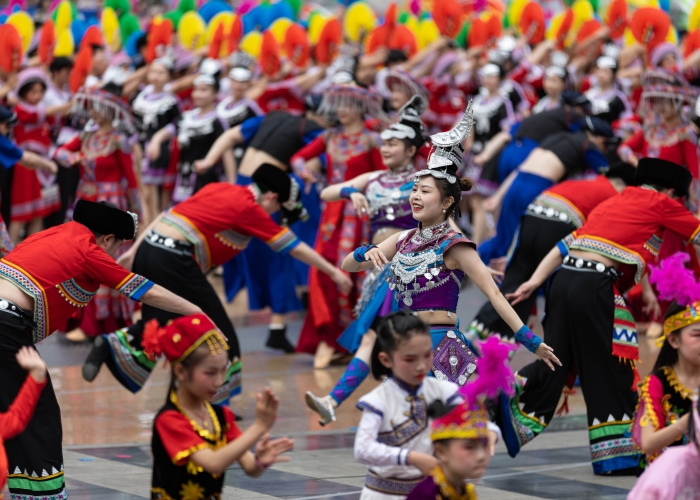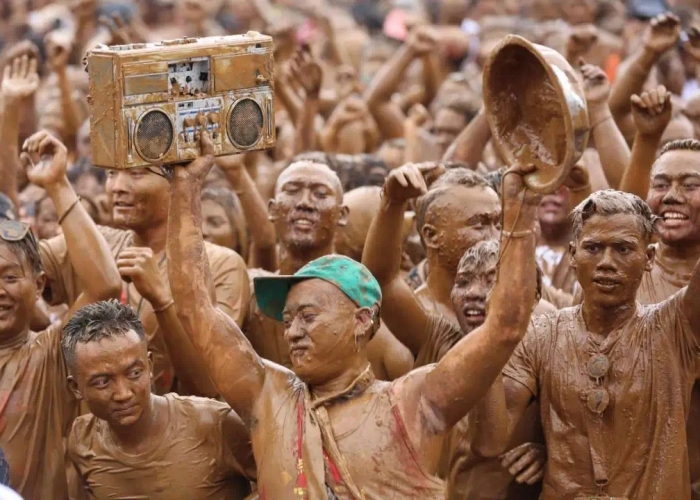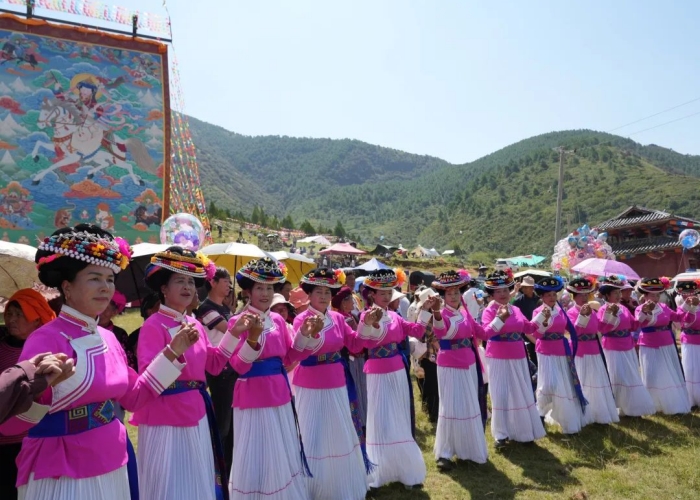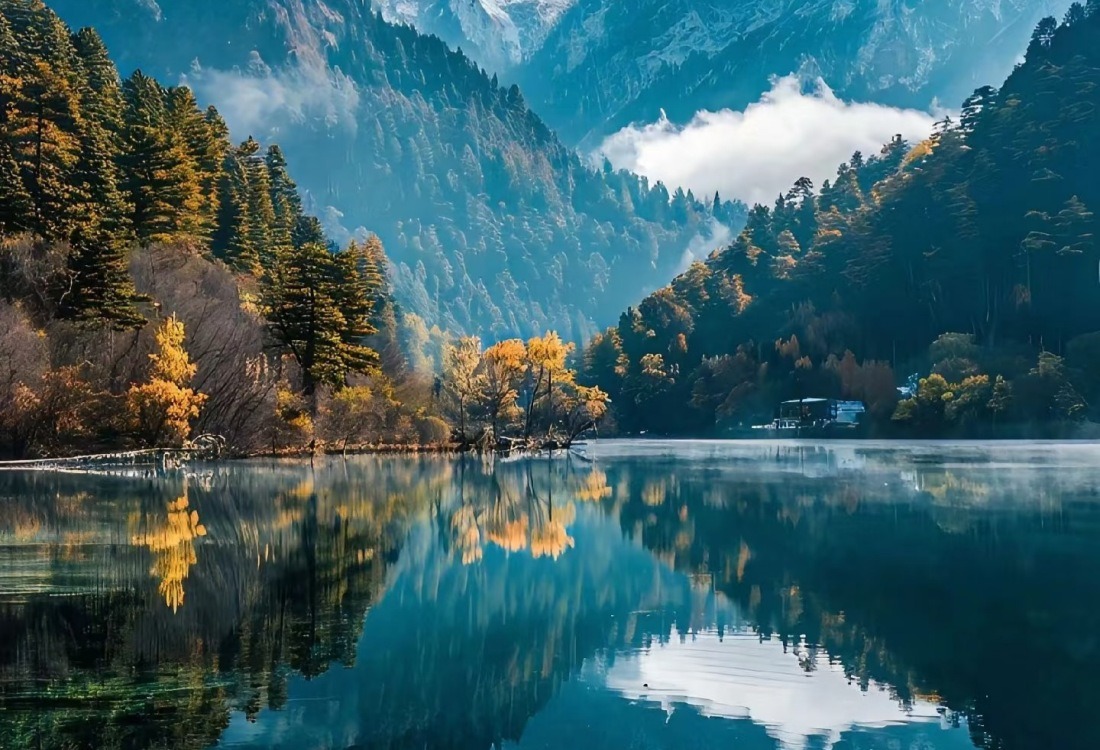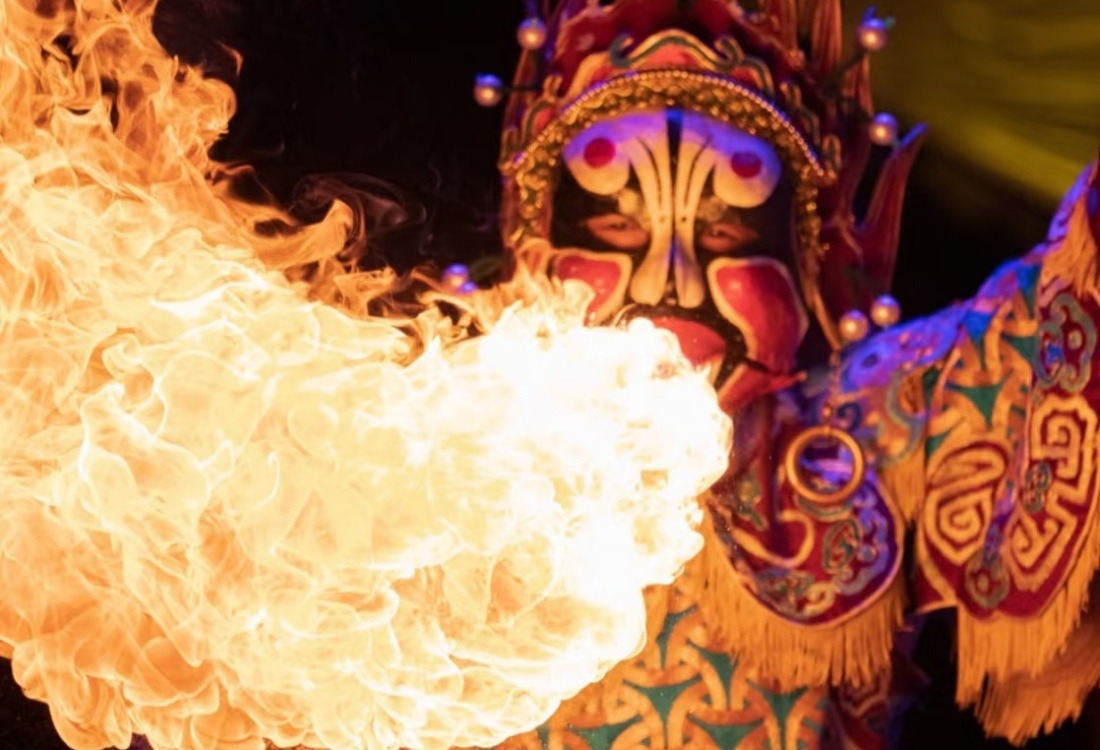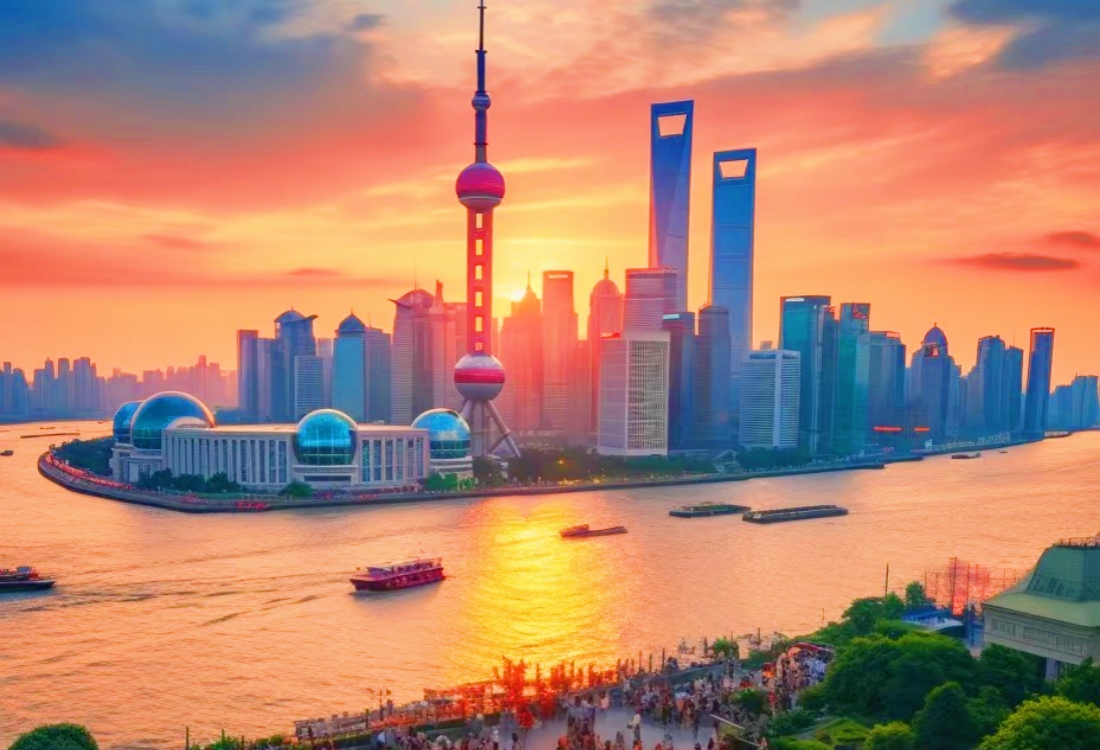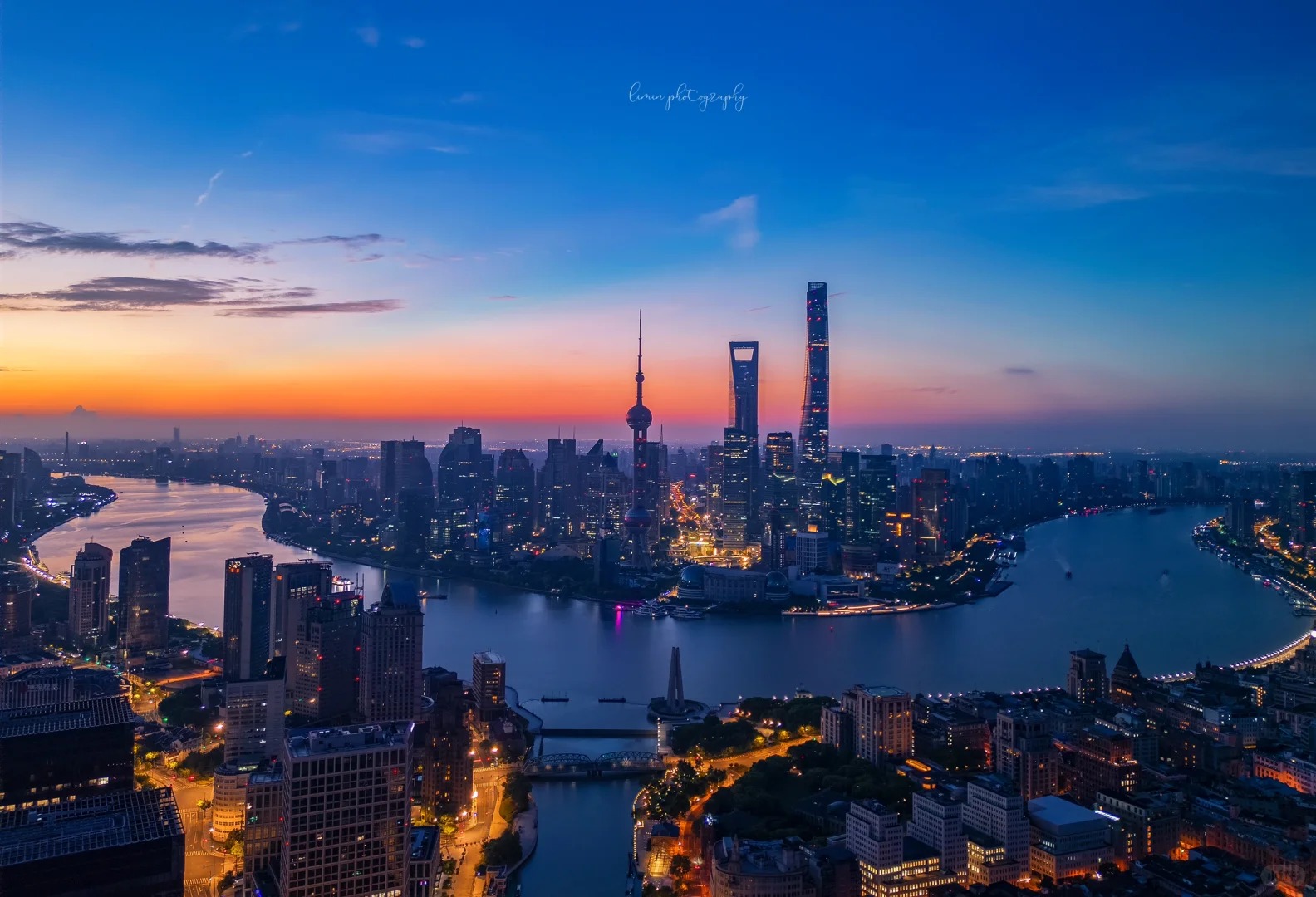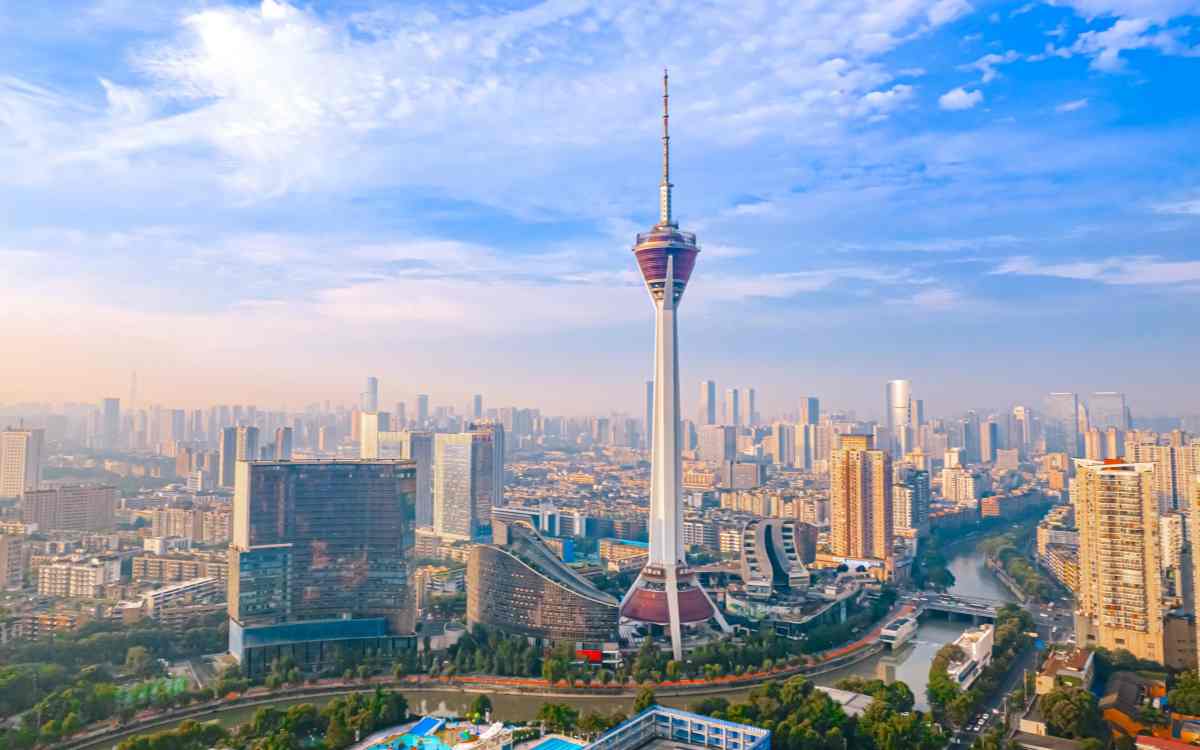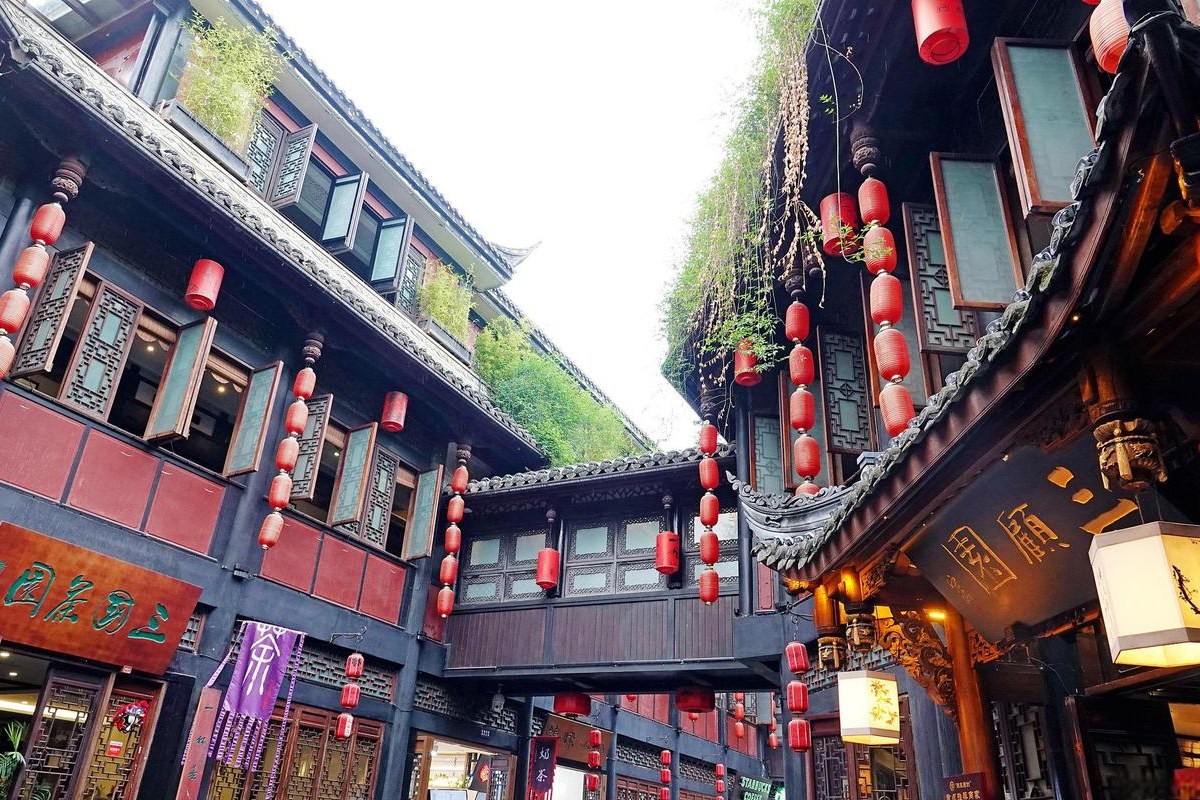Table of Contents
ToggleThis article introduces the most iconic ethnic festivals in Yunnan, a province in southwestern China celebrated for its cultural diversity and landscapes. With 25 recognized ethnic minority groups living here, Yunnan is alive with colorful festivals that offer a glimpse into unique traditions, folk music, dance, and centuries-old customs. Prepare to discover why Yunnan’s festivals are a must-see and how you can become part of these vibrant cultural tapestries.
The Water Splashing Festival in Yunnan: A Dai New Year Celebration
Ethnic Group: Dai
When: Mid-April (e.g., April 13-15, though dates can vary slightly).
Where: Primarily in Xishuangbanna Dai Autonomous Prefecture (especially Jinghong), Dehong Dai and Jingpo Autonomous Prefecture.
The Water Splashing Festival(泼水节) is arguably Yunnan’s most famous ethnic celebration, marking the New Year for the Dai people. This festival is filled with joy and symbolism, as water is splashed on everyone to wash away misfortune and usher in a year of happiness and good luck.
The festivities typically span three days and include dragon boat races on the Lancang (Mekong) River, vibrant markets, traditional Dai songs and dances, releasing sky lanterns, and the “Bathing the Buddha” ceremony. The climax is, of course, the water splashing itself, where streets transform into arenas of playful water fights.
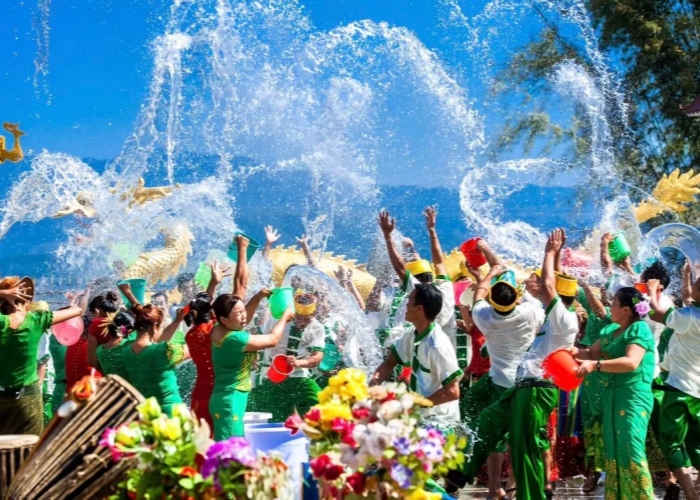
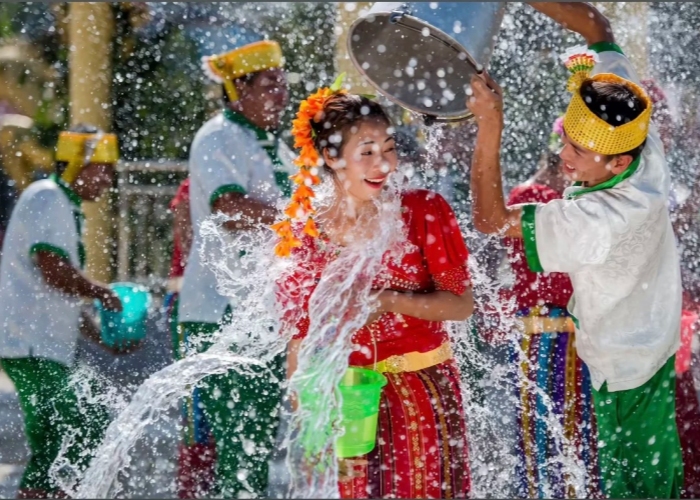
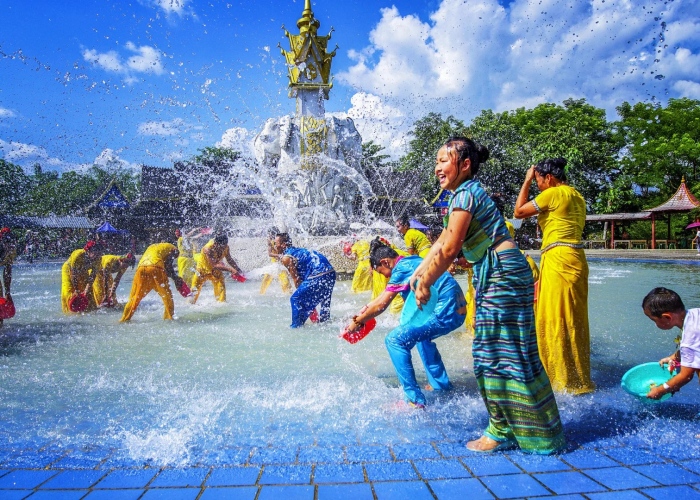
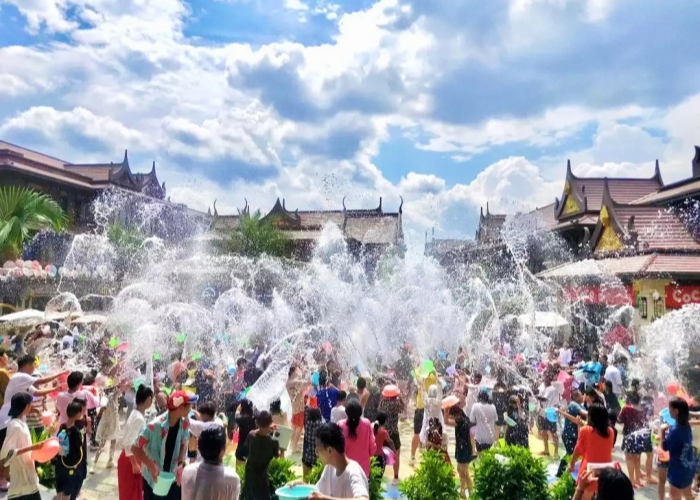
The Torch Festival in Yunnan(Huoba Jie)
Ethnic Groups: Primarily Yi, but also celebrated by Bai, Naxi, Jino, and Lahu peoples.
When: 24th to 26th day of the sixth lunar month (typically late July or mid-August).
Where: Across Yunnan, notably in the Stone Forest (Shilin Yi Autonomous County), Chuxiong Yi Autonomous Prefecture, Dali, and Lijiang.
The Torch Festival(火把节) is a spectacular and ancient celebration deeply rooted in fire worship. The Yi people, in particular, believe fire possesses the power to dispel evil spirits, drive away pests and wild animals, protect crops, and bring prosperity. During the festival, huge torches are erected in villages, and smaller torches are lit in front of homes and carried in processions through fields.
The three-day event is filled with vibrant activities like traditional wrestling (Boke), bullfighting, horse racing, archery contests, singing, and dancing around massive bonfires that illuminate the night sky. The energy is infectious, with communities gathering to celebrate life, heritage, and the hope for a bountiful harvest.
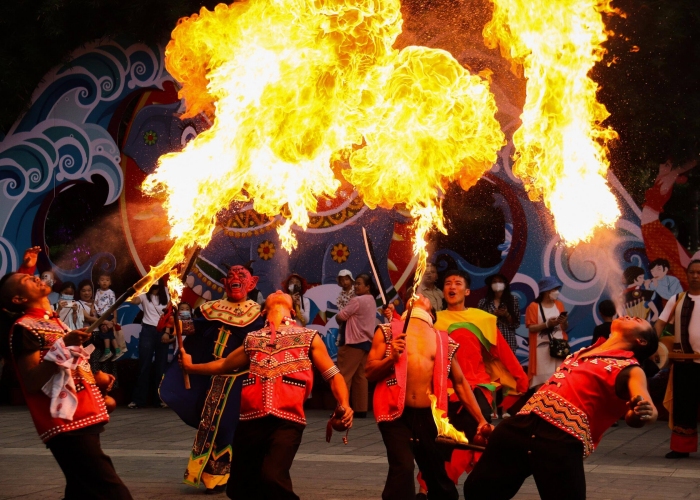
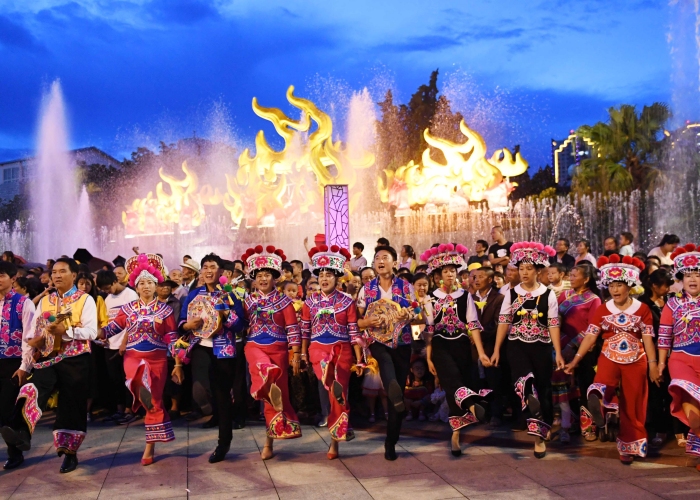
The Third Month Fair in Yunnan(Sanyue Jie or Guanyin Fair)
Ethnic Group: Bai
When: 15th to 21st of the third lunar month (usually April or May).
Where: Dali Ancient Town, at the foot of Cangshan Mountain.
With a history stretching back over a thousand years, the Third Month Fair(三月街) is one of Yunnan’s grandest and oldest traditional festivals. Originally a religious gathering and a day for local chieftains to meet, it has evolved into a bustling week-long market fair combined with rich cultural celebrations. Merchants from across Yunnan and neighboring regions converge to trade goods ranging from medicinal herbs, tea, and livestock to exquisite handicrafts and textiles.
Beyond commerce, the fair is a vibrant showcase of Bai culture, featuring horse races, folk song and dance performances, traditional sports, and delicious Yunnan local foods. It’s an excellent opportunity to witness the Bai people’s artistic talents and experience their lively traditions against the stunning backdrop of Dali.
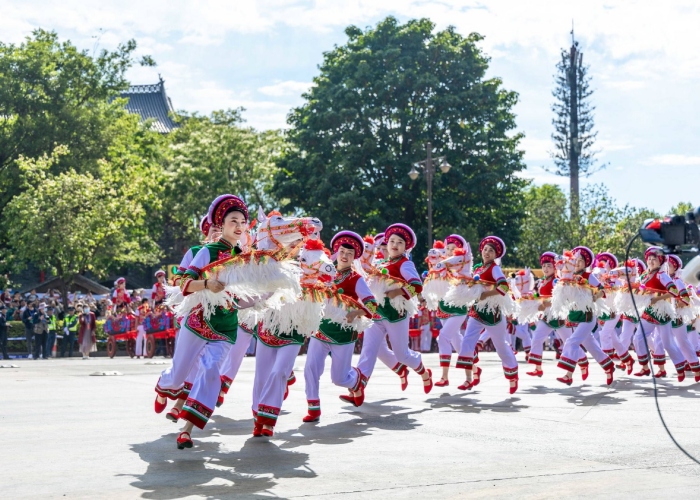
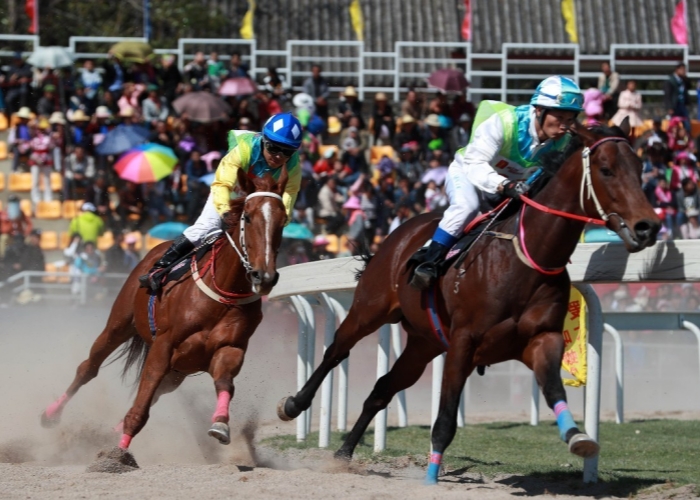
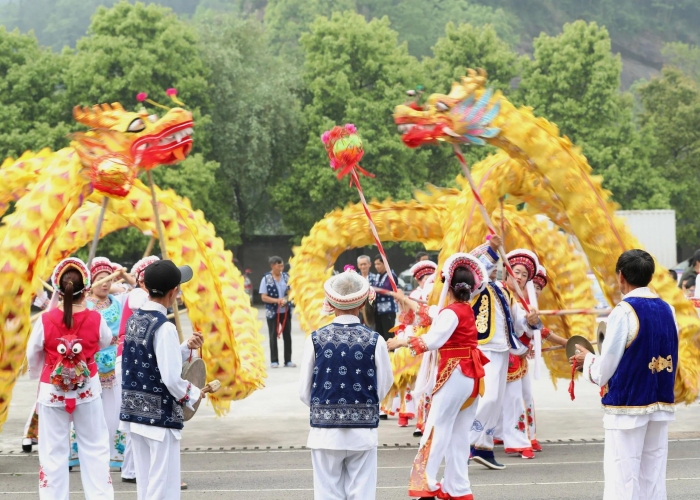
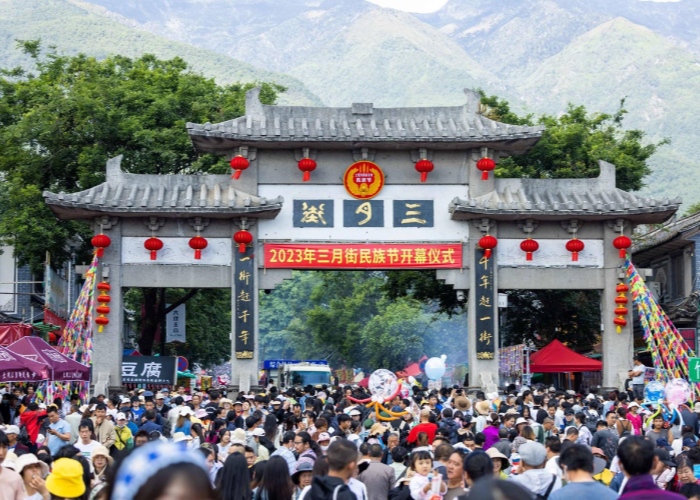
Other Notable Ethnic Festivals in Yunnan
Beyond these major events, Yunnan’s cultural calendar is dotted with numerous other fascinating festivals:
Hani New Year (Kuzhazha Festival)
Celebrated by the Hani people, typically in October or November (10th lunar month), marking the end of the harvest and the beginning of a new agricultural cycle. Festivities include feasting, ancestral worship, buffalo fighting, and singing and dancing, often set against the backdrop of the stunning Yuanyang Rice Terraces.
Sanduo Festival
An important festival for the Naxi people of Lijiang, held on the 8th day of the second lunar month (usually March). It honors Sanduo, a Naxi war god and protector deity, believed to be the incarnation of Jade Dragon Snow Mountain. Activities include temple fairs, sacrifices, and cultural performances.
Mosuo Zhuanshan Festival (Around the Mountains Festival)
Celebrated by the Mosuo people around Lugu Lake, typically on the 25th day of the seventh lunar month (late July/August). It involves pilgrimages around sacred mountains, offerings, chanting, horse racing, and feasting, reflecting their unique matriarchal culture and animist beliefs.
Huashan Festival (Flower Mountain Festival)
A significant festival for the Miao people, usually celebrated after the Spring Festival (dates vary). Young men and women dress in their finest traditional attire, gather for antiphonal singing, Lusheng (a reed-pipe wind instrument) playing, dancing, and courtship rituals.
Monihei Carnival
Celebrated by the Wa ethnic group in Cangyuan Wa Autonomous County, usually in early May. “Monihei” means “making you black” in the Wa language, and the festival involves smearing participants with natural, dark-colored mud or plant-based dyes, symbolizing blessings, health, and chasing away evil spirits.
Tips for an Immersive and Respectful Experience in Yunnan
To make the most of your journey into Yunnan’s festive heart, a bit of planning goes a long way:
Research Festival Dates
Many festivals follow the lunar calendar, so their Gregorian calendar dates vary each year. Verify the exact dates for the year you plan to travel.
- Book in Advance: Popular Yunnan festivals attract many visitors, so accommodation and transport can fill up quickly.
- Engage a Local Guide: A knowledgeable Yunnan local guide can greatly enhance your experience. They can explain cultural nuances, facilitate interactions, and lead you to the best spots to witness or participate in festivities.
- Be Culturally Sensitive: Approach each festival with respect for local customs, traditions, and beliefs. Ask for permission before taking photos of people or private ceremonies. Dress modestly when appropriate, especially when visiting religious sites.
- Participate When Appropriate: Many Yunnan festivals encourage visitor participation. Joining in the water splashing or a communal dance can be a highlight of your trip, but always do so respectfully.
- Pack Accordingly: Depending on the festival and time of year, pack comfortable shoes, weather-appropriate clothing, sun protection, and perhaps a waterproof bag for festivals like the Water Splashing Festival.
- Combine with Yunnan Must-see Attractions: Yunnan is rich in natural beauty and historical sites. Plan your itinerary to combine festival attendance with visits to places like the Stone Forest, Lijiang Old Town, Dali, Shangri-La, or the Yuanyang Rice Terraces.
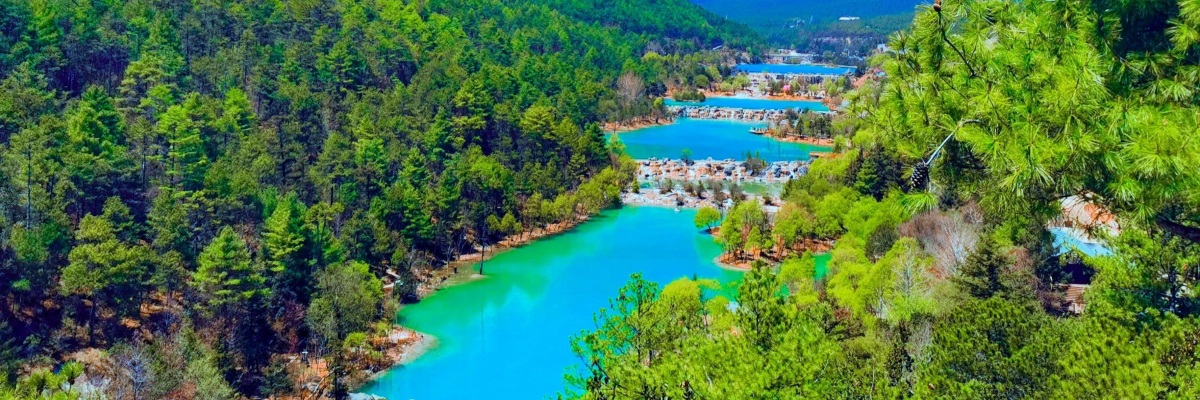
9 Days Private China Guilin and Yunnan Tour with Nature and Culture
What is the best time of year to experience ethnic festivals in Yunnan?
Yunnan hosts festivals year-round. Spring (especially April) is popular for the Water Splashing Festival and the Third Month Fair. Summer (July/August) brings the spectacular Torch Festival. Autumn sees harvest festivals like the Hani New Year. The “best” time depends on which specific festivals you wish to experience.
How many ethnic groups are there in Yunnan?
Yunnan is home to 25 officially recognized ethnic minority groups, making it the most ethnically diverse province in China. Each group has its own distinct language, customs, traditions, and festivals.
Can tourists participate in the Yunnan festival activities?
Yes, in many festivals, tourists are welcome and even encouraged to participate, especially in activities like the water splashing during the Dai New Year or joining in communal dances. However, it’s always important to be respectful and mindful of local customs.
What kind of food can I expect during these Yunnan festivals?
Festival time is a culinary delight! You can expect a wide array of Yunnan local specialties unique to each ethnic group and region. This often includes specially prepared meats (like roasted or cured varieties), fresh vegetables, sticky rice dishes, various rice cakes, and unique local snacks. Long-table banquets are common during some festivals, offering a communal dining experience.

